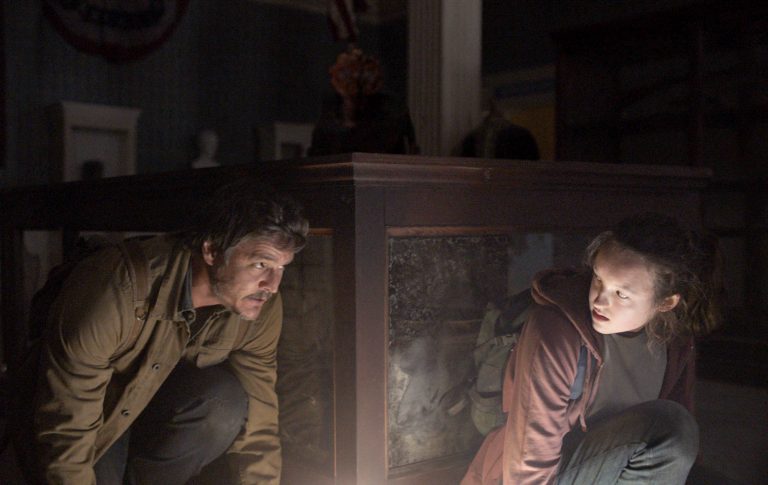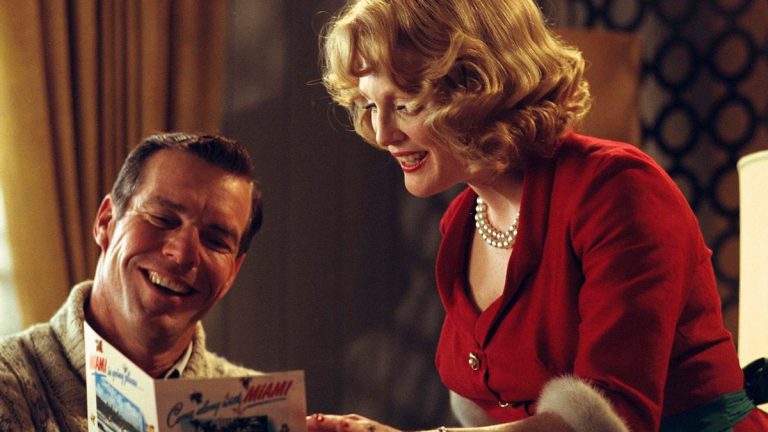A Jazzman’s Blues 2022 Review and Ending, Explained: Tyler Perry Studios teams with Netflix to bring us a period-based romantic tragedy, unraveling a riveting story of forbidden love between a talented and upcoming Jazzman from the Jim Crow Deep South of Georgia State and a local girl named Leanne Jean Harper, a.k.a Bucket. The film ‘A Jazzman’s Blues’ strings you along slowly on a tender narrative about how love can be so soulful and wholesome even when the surrounding environment is hostile.
After premiering at the Toronto Film Festival this year, the film was released on Netflix to a hesitant audience. Maybe there was something to see when we see an attempt to portray a Jim-Crow era of Georgia. Nevertheless, the film takes us on a grey journey of what the Blues was at the time after the war and when laws relaxed for the people of color to experience a more dignified life. With Oprah’s blessings present for the film screening, things feel different. Without any delay, let us understand John ‘Bayou’ Boyd’s journey of blues through the story of his life and music.
A Jazzman’s Blues 2022 Film Synopsis And Plot Summary:
In Georgia state in 1987, the white community and the colored folk had divided lifestyles. Despite the difficulties of daily living and the fact that both sides kept to themselves, the latter was denied many basic human rights. For colored folk, it was music that remained in their souls and served as their muse. Before the war, the people were deeply divided. Sharing love with people of color was a dying wish for white people, which was quickly fulfilled. This is not mentioned casually. The consequences are their houses and land would be razed to the ground.
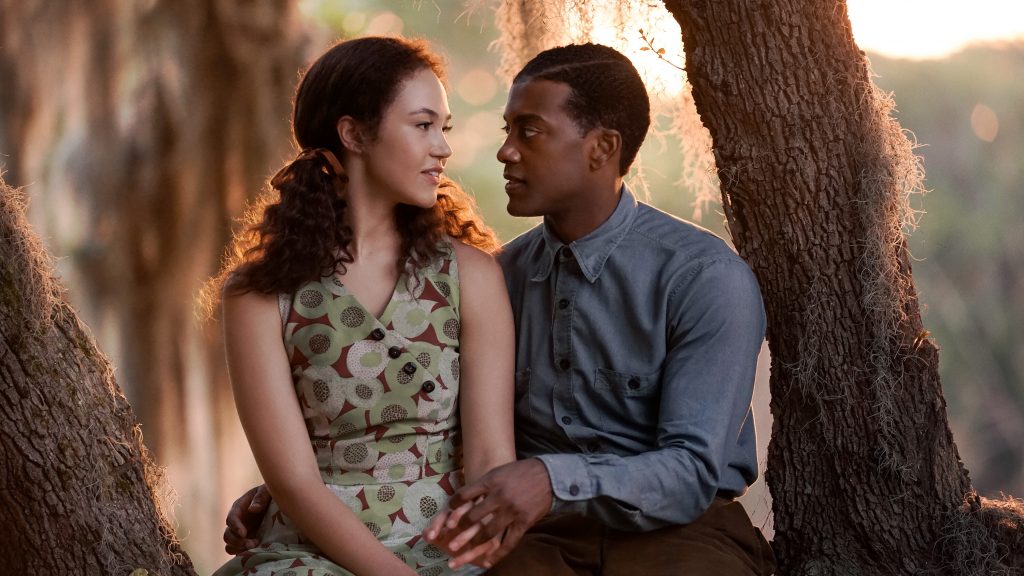
It was risky and only would get the couple in trouble. Contrarily, that’s exactly what happened to Bayou, a bashful yet magnetic blues singer from Georgia’s Hopewell County. He was never treated well by his stepfather, Buster, and Willie Earl, Bayou’s step-brother and a gifted trumpet player who has a growing resentment towards Bayou. Bayou’s biological mother, Hattie Mae, runs a Juke-Joint and is a fantastic blues vocalist who entertains the colored folk of Hopewell at her joint. The story follows a linear narrative to slowly show us how Bayou and Hattie share a bond that deepens when they escape into the night and offer comfort to each other while battling very dark demons in life. As time passes, the story unravels to tell us how Bayou falls for Leanne, a.k.a Bucket, a local girl from Hopewell.
Bayou starts to fall in love with Leanne, a.k.a. Bucket. As Bucket learns that Bayou cannot read, she teaches him how to understand the alphabet, and their love story deepens. With a paper plane flying through his window, Bayou runs away at night to be with her. Just as their bond finds solid ground, Bayou witnesses an incident of incest between Bucket and her grandfather. Thoroughly grief-stricken and with his pride finding a new low, Bayou hatches a plan to escape with her. This plan does not go forward when Bucket is taken away by her mother to marry a rich white man, giving themselves a better life under the guise of white folk.
As years go by, Bayou cannot deny his longing for Bucket. He writes letters that never reach her. She writes letters that never reach him. But Bayou embarks on his own journey when he joins the army and is sent away. When Bayou is injured and returns home to recover, he works with his mother in the juke joint. Things turned out better for her since his stepfather walked out on them. Returning to Hopewell in 1947, things just seemed different. Willie Earl returns home to his stepmother Hattie Mae with a sickly white man named Ira; both seem high as a kite. When Ira collapses, Willie demands his mother set him right so that he can play at a big venue in Chicago known as the Capitol Royale. A better life for all colored folk.
As Ira begins to see that Bayou is the talented one, Bayou’s past returns to Hopewell. Citsy, who assists Hattie Mae at the juke joint, is surprised to see Bucket as a white man’s wife in the house where she works at. Bucket recognizes Bayou when he visits the house to deliver the laundry that his mother delivers to her customers.
Bayou and Bucket embark on secret rendezvous again and again. Only this time, circumstances are not favorable to them both, with Bucket’s racist brother-in-law Sheriff Jackson and her husband, John, constantly lurking around. When Bayou returns after becoming an ace performer at the Capitol Royale in Chicago, his fate turns sour despite Ira’s warnings.
A Jazzman’s Blues 2022 Film Review:
The film is a simple story of a time when the colored folk of America struggled to make a life for themselves and survive. It has hints of the darkness that lurked at the time in the lives of colored folk and places they would run to and escape to cope with their struggles. While the cast is rather low-key as compared to other Tyler Perry films, this would prove advantageous to Tyler’s ability to experiment and lend more soul to the narrative. Having produced, directed, and written the film, Tyler Perry maintains the purity of the film. He keeps it intact throughout the turnabouts, at every minute.
With Jason Boone’s wholesome voice singing the blues with a velvet touch, Amirah Vann also lends an inner ear massage to anyone listening to the film. Some films transport you to a time some of us will never experience, and this film does so perfectly well, just like Harriet 2019. While the filming took place in Savannah, Georgia, Aaron Zigmans’s score lends a perfect tone to the disheveled town.
Debbie Allen’s choreography and Terrence Blanchard’s song production provide a treat to the ears giving us the real treatment one would have if they sat in the audience of a Chicago theatre back in the day. The film offers a new and promising paradigm that proves a trustworthy avenue for Tyler Perry Studios to continue exploring. With audiences hungry for more, the film makes one brood over dark aspects of the film and any feelings surrounding it, painting a rather promising picture.
A Jazzman’s Blues Ending Explained
Will Jonathan Learn The True Identity Of His Father?
As I mentioned earlier, Leanne could not love Bayou the way he wished. She was married to John, a racist and a male chauvinist. With his constant emotional abuse, Citsy would be the one to offer some solace. She would also be the messenger between Leanne and Bayou when he could not get too close. With Bayou doing well at the Capitol Royale in Chicago, his mother was not receiving the money he was sending her. When news gets to him that she has been reduced to almost nothing, he decides to take the band and Ira back to Hopewell.
Willie Earl’s resentment towards his stepbrother reaches an all-time high when his drug addiction makes him make bad decisions and endangers Bayou’s life. Ira is fully aware of Bayou’s dangers and keeps bodyguards ready to follow him everywhere. But when Bayou returns home for one night, Willie Earl meets Sheriff Jackson, who wants to kill Bayou for ‘whistling’ at John’s wife, Leanne. While Ira is entirely against the idea, Bayou convinces him it is only one night. While John has no idea that Leanne’s child is Bayou’s, he does not let Leanne get the assistance she needs at the time of the birth of her baby. Citsy had to take Leanne to Hattie Mae, a midwife and birthed the child in her house.
Bayou arranged a secret meeting with Leanne and the baby with Citsy’s assistance. When the moment to meet her arrives, he embraces it wholeheartedly. He meets her and kisses her tenderly to see his child for the first time as well. Willie Earl’s wish is about to come true when Sheriff Jackson and John with their gang turn up and find Bayou near the bus (where Leanne is almost screaming to him not to leave). The white folk mob catch him and beat him. They then hang him up on a tree and leave him for dead. Everyone hears the shots and runs out to find his two bodyguards dead. They find his body, and Ira stands there unphased but resentful.
The film begins with Hattie Mae, an older woman, handing Jonathan, the Attorney General of Hopewell County in 1987, a bunch of letters meant for Leanne Harper. Shocked to see the name, he reads them and, at her request, learns of an investigation into the murder of a particular man in the same town almost 40 years ago. When he realizes he is the same age as the story, he goes home to the wall with all his pictures as a baby. For the first time, he has learned about his true father. A black man. Not a white man. That same white man, who had cast his mother out during his birth in the past and offered him the current post of Mayor currently. With these letters as proof of his existence, he sets them in front of his mother, who listens silently to Bayou’s hit single Paper Airplanes on the vinyl record player on repeat for hours.



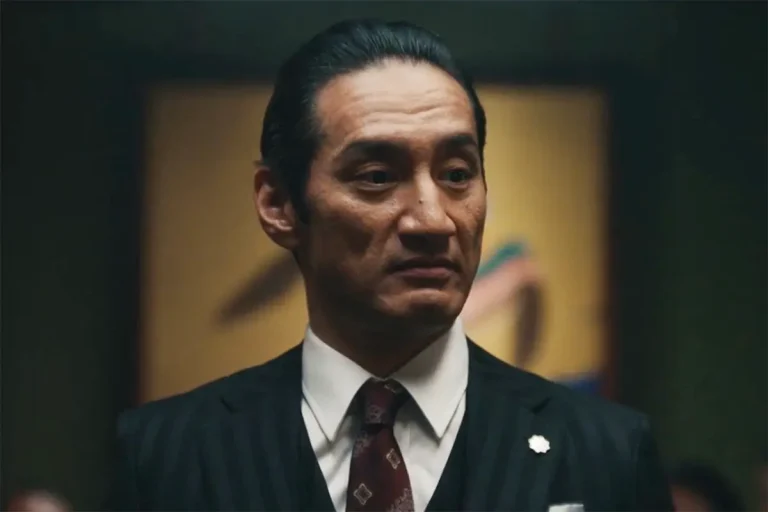
![Apostle [2018] Review: Has All the Hallmarks of a Cult Classic](https://79468c92.delivery.rocketcdn.me/wp-content/uploads/2018/10/APOSTLE_HOF_NEFLIX-768x432.jpg)
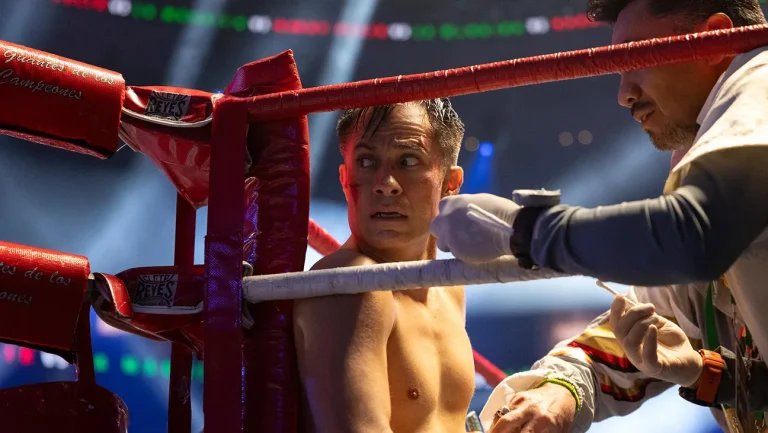
![Victim [2022] ‘Venice’ Review – A Mother’s Unexpected Encounter with Politics of Polarization](https://79468c92.delivery.rocketcdn.me/wp-content/uploads/2022/09/Victim-2022-768x432.jpg)
